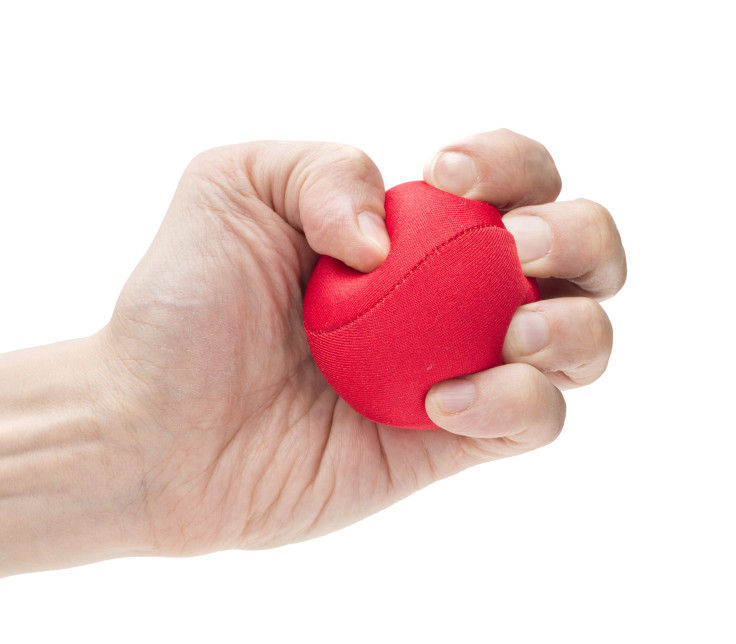Spire Activity Tracker Knows When You’re Feeling Stressed And Reminds You To Take A Deep Breath And Relax

Don’t you just hate when you can’t figure out if you’re stressed or not? If only there were a way to remember to stop and take a deep breath every now and then. Well, my tense reader, worry no more. Now, thanks to the Spire, you can take "figuring out if I’m stressed and what to do about it" off the list of things you are stressed out about.
The soon-to-be-released Spire is the newest addition to the activity tracker craze. The device is worn close to the body, and according to its developers, the Spire is able to reduce your stress hormone levels and increase happy hormones, PC Mag reported. The Spire measures your breathing patterns and other activities, such as how many steps you take and your body positioning, in order to determine whether or not you’re feeling a bit stressed out.
It then sends this information to a cell-phone app to help you work on reducing your stress levels. “There are essentially five ways to do that," Neema Moraveji, co-founder of Spire and director of Stanford University's Calming Technology Lab, told PC Mag. "You can smile, laugh, eat, move, or take a breath."
But Spire technology isn't restricted to just telling a user to take a deep breath. There is so much more this tiny piece of technology is capable of suggesting. For example, after a half an hour of hard-core work, the Spire might suggest a user, say, change the way they are sitting, or even do something radical like go for a walk and get some fresh air. The Spire looks a bit like a small stone with a metal clip attached and detects your body’s stress level using “seven streams of raw sensor data, which includes a three-axis accelerometer, PC Mag reported. It's wireless, so no getting stressed over knots and tangles and has a battery that can last about seven days. Best of all, you can buy the Spire for the reasonable price of $149!
All joking aside, efficiently reducing your stress level is necessary for maintaining good health. Common side effects of stress on your body include: headaches, muscle pain, chest pain, fatigue, upset stomach, and problems sleeping. Stress can also affect your mood and your behavior, making your more susceptible for drug, alcohol, and tobacco use. A lifetime of unregulated stress levels can contribute to high blood pressure, heart disease, obesity, and diabetes.
Although there’s no doubting the Spire’s ability to detect stress, in actuality, we are pretty capable of figuring this out all on our own. When you are feeling anxious or tense, the best way to reduce stress is to simply increase your amount of physical activity or practice relaxation techniques, such as deep breathing. Also, rather than taking the advice of a smartphone, reach out to other living humans to help relieve stress. A strong social support network can often make all the difference to individuals during stressful periods in life.
Published by Medicaldaily.com



























